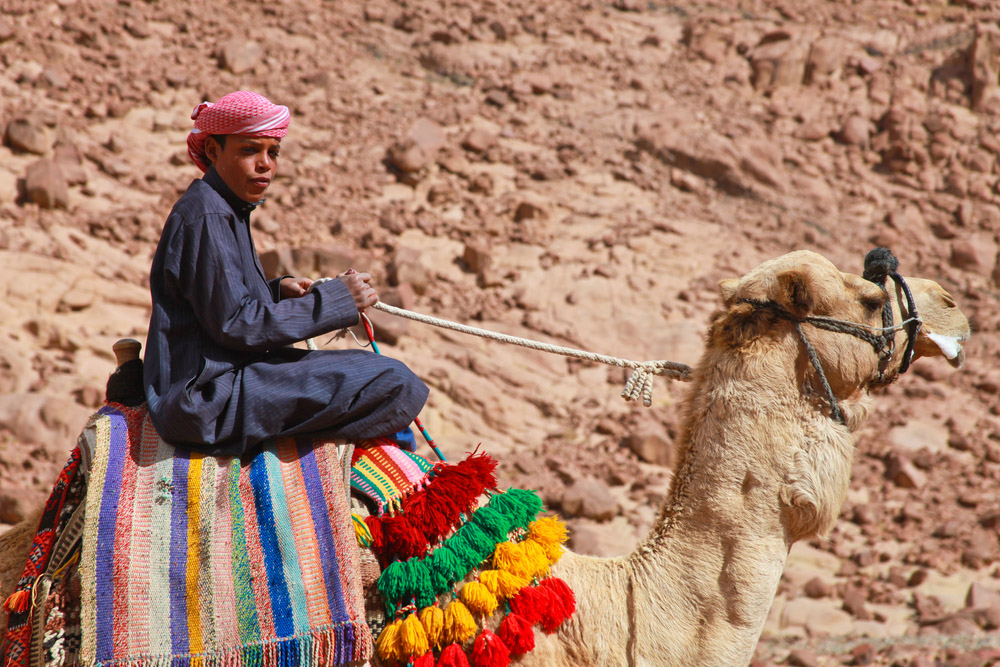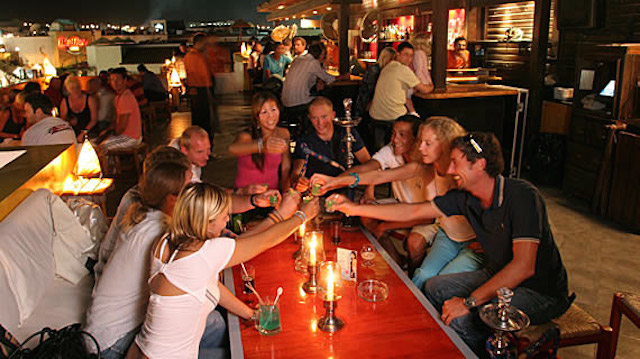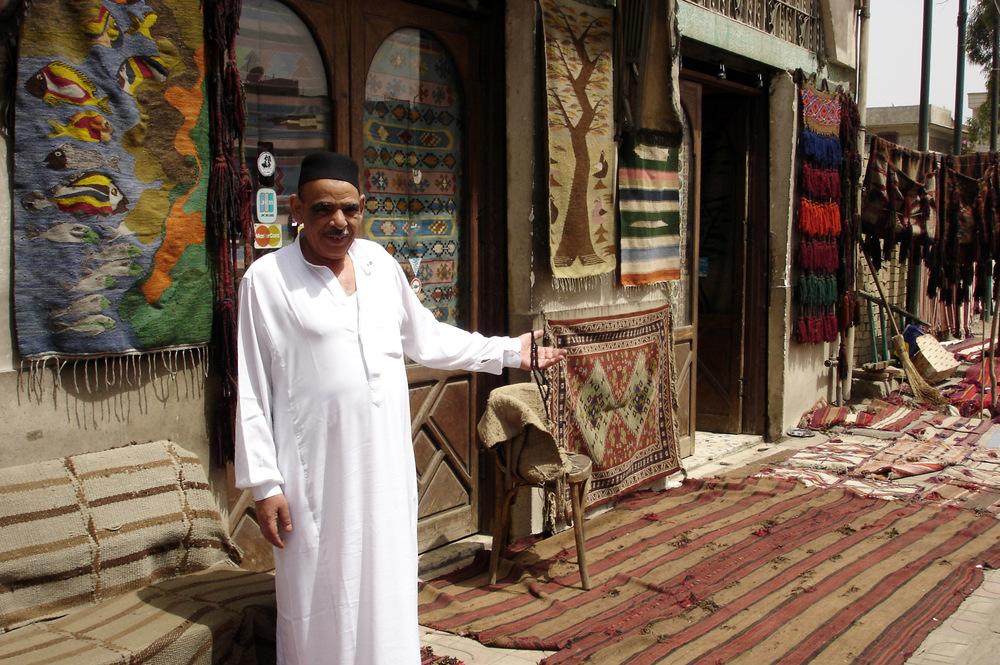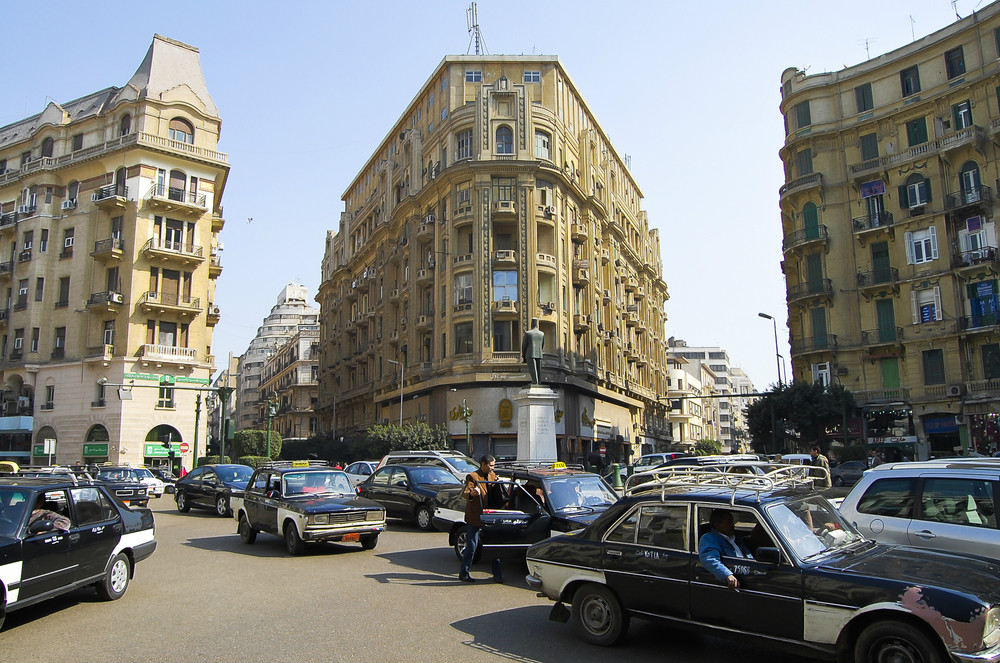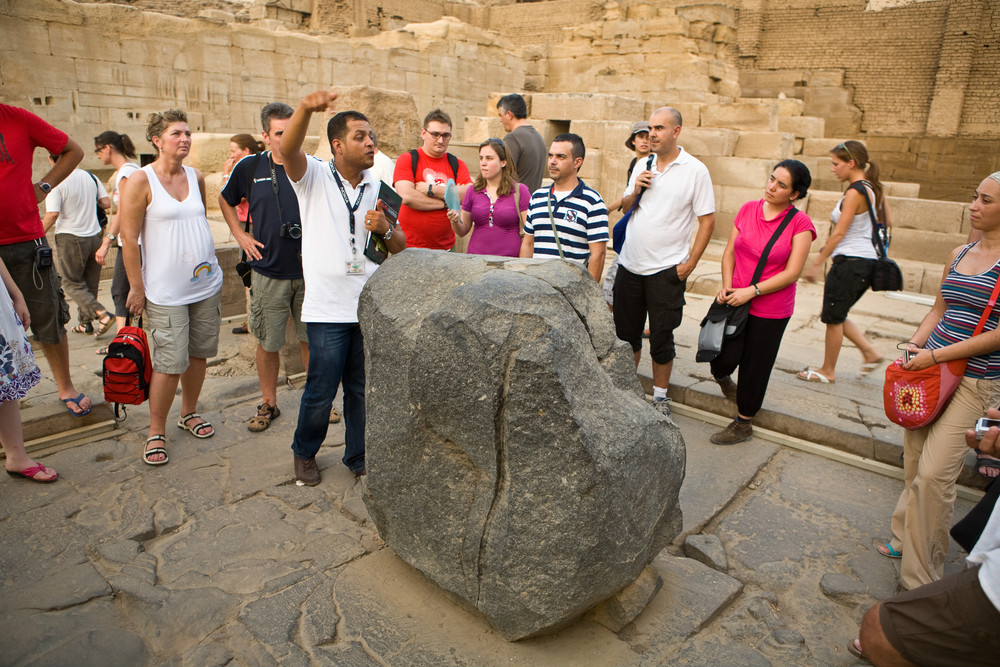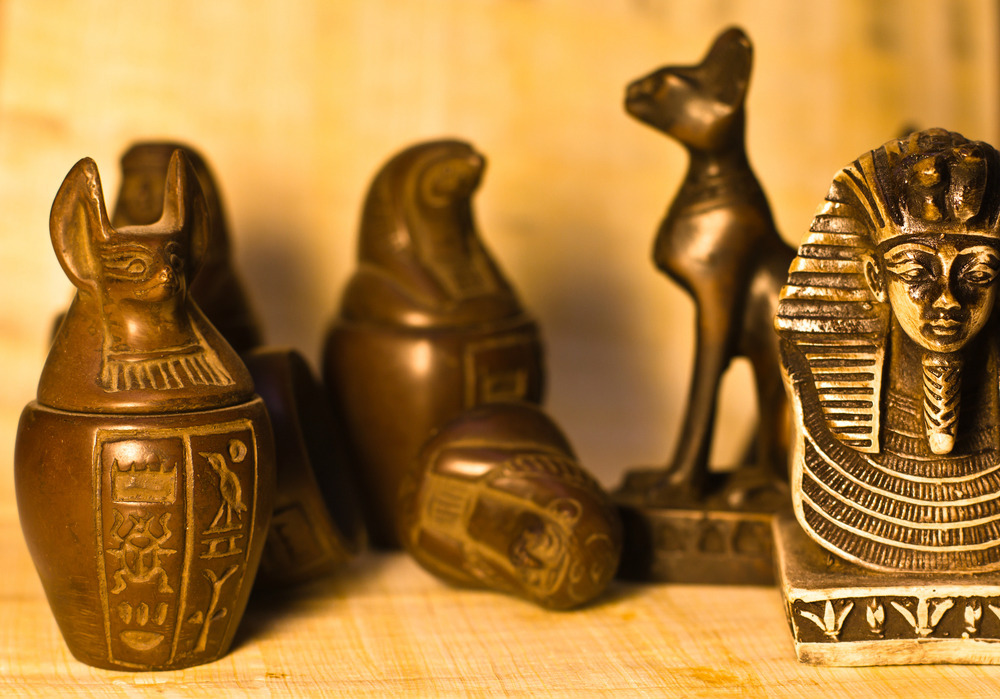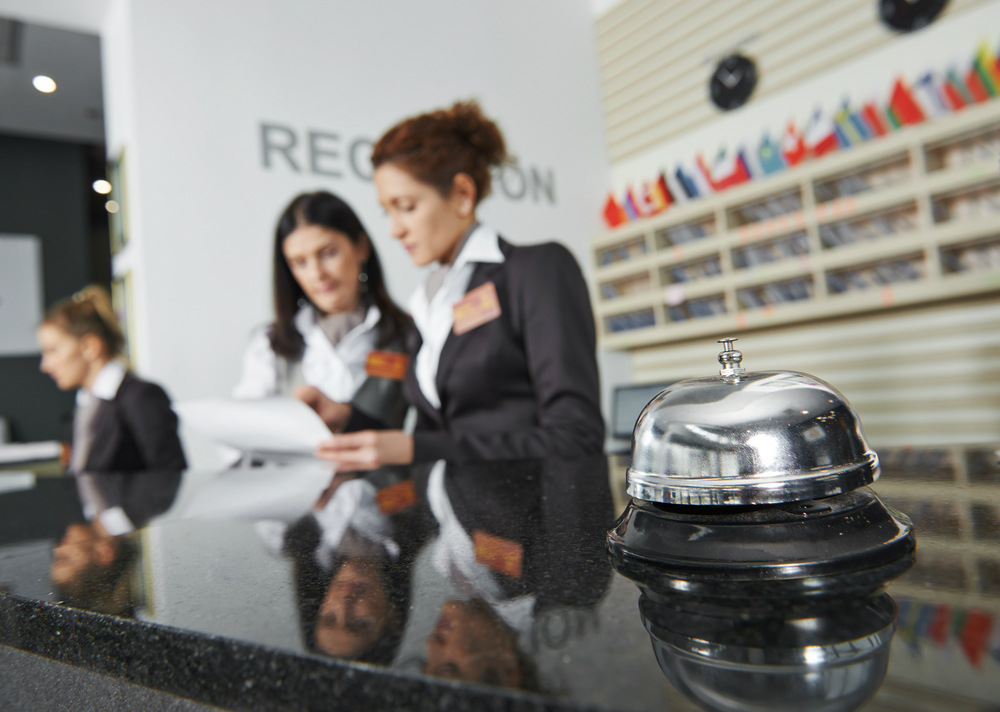Going to Egypt and exploring the pyramids and other historical sites is on virtually every traveler’s bucket list. And after an initial drastic decline in tourism after the Arab Spring, travelers are starting to come back to the country to take advantage of great low rates. But before you head out on a sun-drenched trip, you need to do your research. Here are 10 things to know before you go to Egypt.
Eat what the locals do
You came to Egypt to experience a culture other than your own, so it only makes sense to eat what the locals do to fully experience it. There are quite a few tourist trap restaurants (especially in Cairo) — and if it looks like one, it probably is. Take your time walking around the streets and find a restaurant packed with Egyptians, then go in there instead. Who knows, you may enjoy a delicacy like the Egyptian liver sandwich (pictured above).
Bring toilet paper or wet wipes
Many bathrooms in Egypt don’t have toilet paper inside and somebody waiting outside will likely charge you for a few small pieces. It’s worth it to pack a bag with some toilet paper or wet wipes so you can avoid this situation.
Negotiate all rides
Whether its in a taxi or on a camel, be sure to negotiate and get a firm price before going on a ride in Egypt. This is probably the number one way people get ripped off. Make sure to ask if the price is per rider, and if it includes any parking fees and stops that you might have to make. And when you get out, be firm on the initial price you were quoted, as they are still likely to try to change it if they know you are a tourist.
For tourists, tipping is expected almost everywhere
Even though you might not see locals tip after a meal at a restaurant or after somebody handles their luggage, if you’re a tourist, there will likely be somebody holding out their hand. Anything from spas, to restaurants, to hotels, to taxis, to guides will all expect to get their share of tips (baksheesh) out of you.
There are many different prices
As most prices aren’t set in Egypt, there is usually one price for locals, and another price for tourists. No matter how good your bargaining skills are, you’ll likely never get the low prices of a local. So if you happen to see somebody get something cheaper while hanging around, don’t get mad when you aren’t offered the same price.
Crossing streets can be scary
Drivers in Egypt are known to be aggressive, but you have to get across the street to that restaurant somehow, right? For those that haven’t done it before (and plenty who have), crossing a street in Egypt can give you a bit of anxiety. Watch how the locals do it a few times then get ready to cross quickly and have some close encounters with cars.
Decide if you really want to travel on your own
Traveling on your own in Egypt can be a great experience that allows you to do more than most tours, but you’ll also have to deal with more people trying to scam you and plan out your transportation more carefully. Riding around in a tour bus somewhat shields you from this, but doesn’t give you flexibility to see what you want. It’s definitely a pro/con debate worth thinking about before you go.
You’ll need a visa before you go
Early in 2015, Egypt changed its policies on visas on arrival for individual tourists coming to the country. So if you’re traveling independently (not on a package tour), you’ll need to apply for a visa several weeks before you arrive.
Watch out for fake souvenirs
Think that souvenir was made in Egypt? Think again. Many of the souvenirs you’ll find in the tourist shops in Egypt are actually cheap knock-offs from China. You might want to stray off the beaten tourist path before buying any. However, this practice is changing — in April 2015, Egypt voted to ban fake Egyptian souvenirs coming in from other countries, but it might take awhile to sell off the remaining supplies.
Use your concierge and reception desk
Asking for information on the streets of Egypt is generally not advised, as the areas you are likely to travel to are often full of scammers or people that will want a tip for the information. Instead, take advantage of your hotel’s concierge and front desk, and pick their brains on things to do in the area, what things currently cost, and things to look out for. Note: this is a general rule of thumb, and there are of course exceptions.
Want to discover the finer side of Africa? Sign up for our weekly newsletter.


